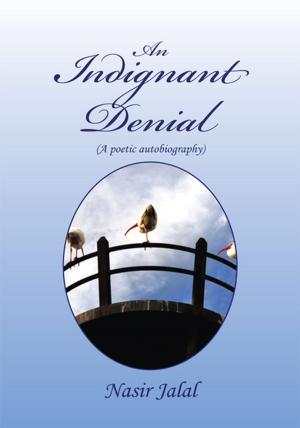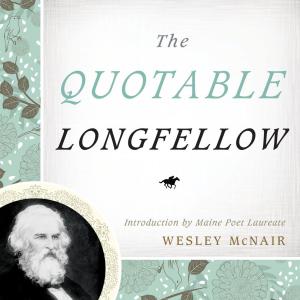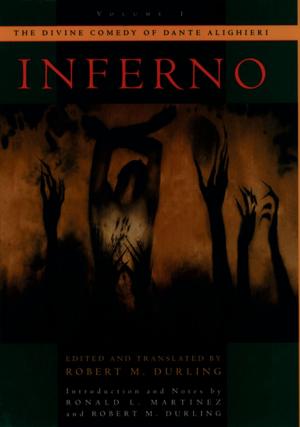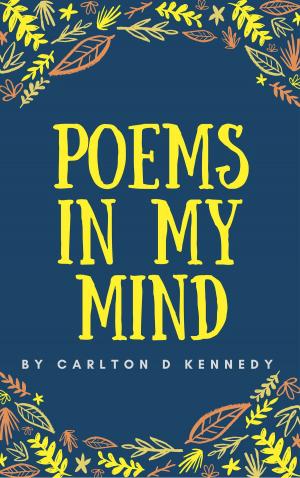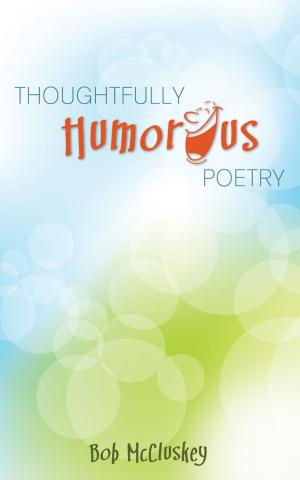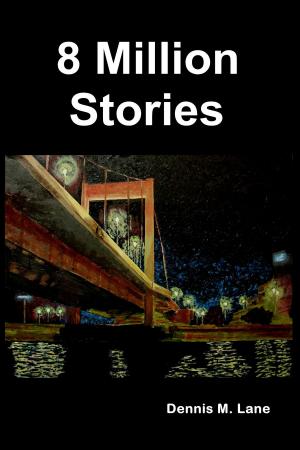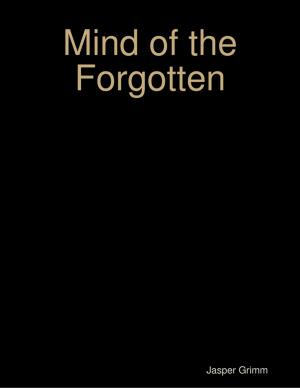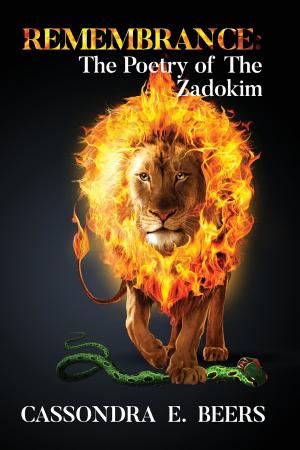| Author: | Acie Cargill | ISBN: | 9781310066481 |
| Publisher: | Acie Cargill | Publication: | May 22, 2015 |
| Imprint: | Smashwords Edition | Language: | English |
| Author: | Acie Cargill |
| ISBN: | 9781310066481 |
| Publisher: | Acie Cargill |
| Publication: | May 22, 2015 |
| Imprint: | Smashwords Edition |
| Language: | English |
This is a collection of 52 journalistic poems inspired by the rise of terrorism in the world and the war against it. Terror seems to be an effective technique for technologically unsophisticated combatants to have a chance of defeating a superpower like the US, Britain, France, China, and Russia. In the terror discussed in this poetry book, it is predominantly used by Islamic jihadists against the Western world, which includes the Israelis.
Their fighters include bombers, both suicide bombers and roadside bombers, and brutal, dedicated militants who fight with guns and grenade launchers. They assassinate their enemies and fight pitched battles with armed forces. Their fighters are usually well-trained and fearless. They are unafraid to die for Islam and expect to be rewarded with eternal paradise.
The poems in this book describe some of the major terror players like Osama Bin Laden, Mullah Omar, Shamil Basayev, and Abu Bakr al-Baghdadi, the caliph of the Islamic State. Many battle scenes are described, some terrorist attacks, American military heroes, and some American terrorists. There is some background material for promoting understanding from the terrorist side.
Of course, not many non-Muslims are very sympathetic to jihadist causes because of the destructive violence and murder propounded by the terrorists, especially against innocent women and children and non-combatant men. Terror’s effectiveness corresponds to the shock value of the event. It seems like many attacks are vengeance for perceived slights against Islam or punishment for what the jihadists see as our moral degradation and our abuse of the planet and its inhabitants.
We have a long ways to go to settle these differences. Probably generations of struggling and an abundance of misery. Maybe the most effective weapons against terrorism are education and an attitude of sincere reconciliation. It can be done.
This is a collection of 52 journalistic poems inspired by the rise of terrorism in the world and the war against it. Terror seems to be an effective technique for technologically unsophisticated combatants to have a chance of defeating a superpower like the US, Britain, France, China, and Russia. In the terror discussed in this poetry book, it is predominantly used by Islamic jihadists against the Western world, which includes the Israelis.
Their fighters include bombers, both suicide bombers and roadside bombers, and brutal, dedicated militants who fight with guns and grenade launchers. They assassinate their enemies and fight pitched battles with armed forces. Their fighters are usually well-trained and fearless. They are unafraid to die for Islam and expect to be rewarded with eternal paradise.
The poems in this book describe some of the major terror players like Osama Bin Laden, Mullah Omar, Shamil Basayev, and Abu Bakr al-Baghdadi, the caliph of the Islamic State. Many battle scenes are described, some terrorist attacks, American military heroes, and some American terrorists. There is some background material for promoting understanding from the terrorist side.
Of course, not many non-Muslims are very sympathetic to jihadist causes because of the destructive violence and murder propounded by the terrorists, especially against innocent women and children and non-combatant men. Terror’s effectiveness corresponds to the shock value of the event. It seems like many attacks are vengeance for perceived slights against Islam or punishment for what the jihadists see as our moral degradation and our abuse of the planet and its inhabitants.
We have a long ways to go to settle these differences. Probably generations of struggling and an abundance of misery. Maybe the most effective weapons against terrorism are education and an attitude of sincere reconciliation. It can be done.

